Humans
Sign up for our newsletter
We summarize the week's scientific breakthroughs every Thursday.
-
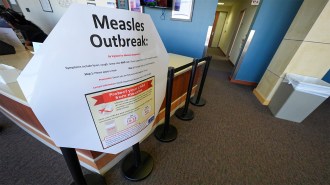 Health & Medicine
Health & MedicineThe U.S. measles outbreak shows no signs of slowing
As a second Texas child dies from the preventable disease, HHS Secretary Kennedy is now urging measles vaccination yet still touting unproven treatments.
-
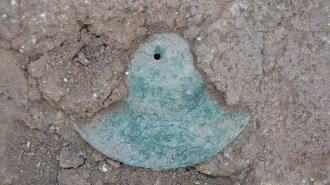 Archaeology
ArchaeologyAncient Arabian cymbals ring up Bronze Age musical connections
Copper instruments discovered at a 4,000-year-old site in Oman echo ritual influences from South Asia.
By Bruce Bower -
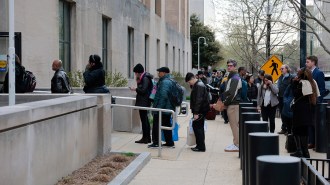 Health & Medicine
Health & MedicineHow U.S. public health cuts could raise risks of infectious diseases
Deep funding cuts and widespread layoffs impact everything from local public health outreach to global disease surveillance, making us more vulnerable, experts warn.
-
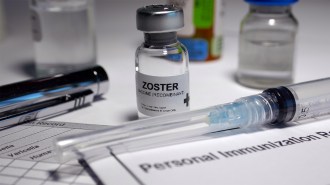 Health & Medicine
Health & MedicineA shingles vaccine may also help reduce dementia risk
Analysis of a Welsh program offering live-attenuated shingles vaccines to people born after a certain date showed a 20 percent relative drop in dementia risk.
By Alex Viveros -
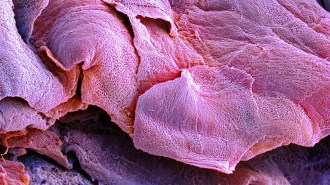 Health & Medicine
Health & MedicineSkin cells emit slow electric pulses after injury
The electric skin cell signals, which move at glacial pace compared to those in nerve cells, may play a role in initiating healing.
-
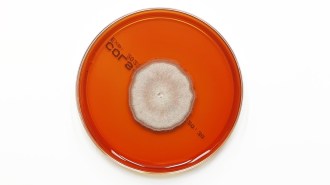 Health & Medicine
Health & MedicineA new antifungal drug works in a surprising way
Mandimycin, which targets a different essential fungi cell resource than other antifungal drugs, should harm other cell types as collateral — but doesn’t.
-
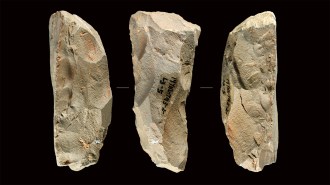 Archaeology
ArchaeologyNeandertal-like tools found in China present a mystery
A style of primitive stone tools named for the French site where they were first discovered have shown up half a world away.
By Bruce Bower -
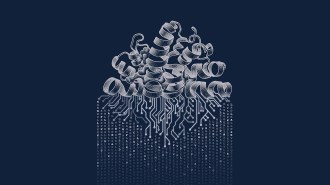 Artificial Intelligence
Artificial IntelligenceAI is helping scientists decode previously inscrutable proteins
A new set of artificial intelligence models could make protein sequencing even more powerful for better understanding cell biology and diseases.
-
 Microbes
MicrobesElite athletes’ poop may hold clues to boosting metabolism
In a small study, mice given fecal transplants from elite cyclists and soccer players had higher levels of glycogen, a key energy source.
By Alex Viveros -
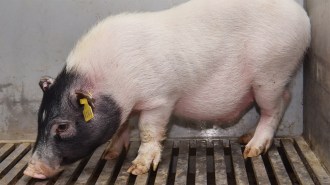 Health & Medicine
Health & MedicineSurgeons transplanted a pig’s liver into a human
A genetically modified mini pig’s liver was able to function in the body of a brain-dead patient throughout a 10-day experiment.
By Meghan Rosen -
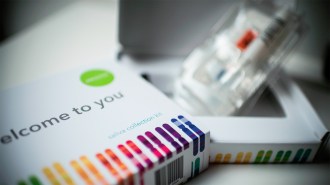 Genetics
GeneticsWhat 23andMe’s bankruptcy means for your genetic data
As 23andMe prepares to be sold, Science News spoke with two experts about what’s at stake and whether consumers should delete their genetic data.
-
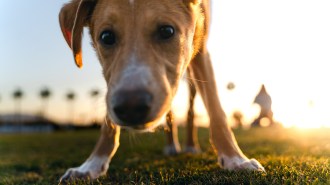 Animals
AnimalsYou might be reading your dog’s moods wrong
A dog's physical cues often take a back seat to environmental ones, skewing humans' perceptions, a small study suggests.